How much better than average are you? The idea of comparing oneself to others is so widespread that it has its name: Social Comparison Theory. People compare themselves to others in many contexts, but the most common examples are social media and work.
Sometimes these comparisons can be good for us, while other times they may just make us feel worse about ourselves! Keep reading this post to find out more information on why we compare ourselves with others and how it affects our lives.
Contents
What Is Social Comparison Theory?
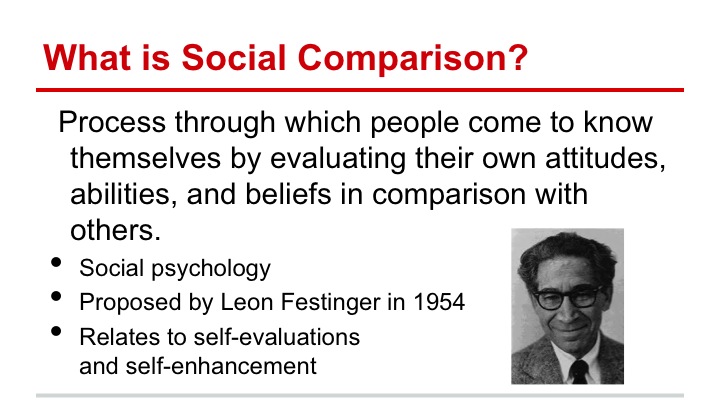
Social Comparison Theory was first proposed by social psychologist, Leon Festinger in 1954. He suggested that we use other people as a way to measure our abilities and worth.
We compare ourselves to others to see if we are good enough, smart enough, attractive enough, etc. This theory has been widely studied and it is now a well-established theory in social science.
Who Gave the Concept of Social Comparison Theory?
Leon Festinger was a Polish-born American social psychologist who is responsible for writing about one of psychology’s most influential theories, known as “social comparison theory” – also known as “laboratory research on interpersonal relations”. His work has majorly influenced the development of social psychology as a field.
Postulates Of Social Comparison Theory
Festinger proposed three main postulates:
- We compare ourselves to people we see as being similar to us.
- The standards by which we judge others are the same standards by which we judge ourselves.
- Our opinions of our own abilities and worth come from comparing what we can do with what other people can do.
Why Human Beings Tend Compare With Each Other?
There are a few reasons why human beings might compare themselves with others.
- Firstly, it could be that we want to learn more about ourselves and our abilities.
- Secondly, we may use comparison as a way to motivate ourselves to do better.
- And finally, comparisons can make us feel bad about ourselves if the other person is doing better than us!
NOTE: Now that you know why people compare themselves with others, it is important to note whether the comparison is better when comparing yourself with those who are doing worse than you or if your comparisons should be with someone succeeding more than you!
The Benefits of Comparison
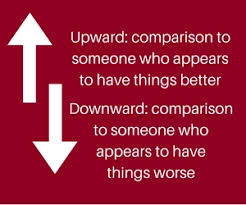
There are some benefits to comparison, too. For example, if we compare ourselves to people who are doing worse than us, it can give us a sense of satisfaction and boost our self-esteem. Alternatively, if we compare ourselves to people who are doing better than us, this can challenge us to do better and improve our skills!
When we compare ourselves to others, sometimes we can learn new things and improve our skills. For example, if you’re trying to learn a new language, you might compare yourself to someone who speaks multiple languages. On the other hand, sometimes comparison can be helpful because it motivates us to do better and improve ourselves even more! To put simply:
- Can help you set realistic goals for yourself
- Motivates you to do better
- Helps you learn more about yourself
Is It Better To Compare Yourself With Others?
To get the most out of comparison, you must compare yourself with those who are doing better than you. When we compare ourselves to people who are worse than us, it can make us feel bad about ourselves and reduce our self-esteem. However, when we compare ourselves to people who are doing better than us, this can help motivate us to do even better and improve our skills!
There are advantages and disadvantages to both types of comparison:
If we compare ourselves with those who are doing worse, then we may feel satisfied that we aren’t as bad off as them! And this can improve our self-esteem (which is good). On the other hand, when we compare ourselves with people who are doing better than us, this can push us to do even better and improve our skills. However, if we don’t reach their level, then we may feel bad about ourselves (which is not so good).
So, in conclusion: it depends on what you want to get out of comparison! If you want to boost your self-esteem, then comparing yourself with those who are doing worse is a good idea. If you want to further improve your skills, then comparing yourself with those who are doing better is the way to go!
How Envy Can Be A Positive Emotion?
Envy can be seen as a negative emotion because it often leads to feelings of dissatisfaction and resentment. However, some people argue that envy can also be seen as a positive emotion because it can drive us to achieve our goals and be successful! Moreover, envy can also motivate us to work harder and be more competitive.
Comparison, and Bias

When we compare ourselves with others, it is important to remember that we are not always looking at things objectively. This is because when we compare ourselves with others, we are often biased towards the person we are comparing ourselves to.
For example, research has shown that people tend to think they are better than average when compared to others. This is known as the “better-than-average effect”. In addition, studies have also shown that men are more likely than women to think they are better than average!
What’s the better-than-average effect?
The better-than-average effect is a cognitive bias that occurs when people overestimate their abilities or qualities. This happens because we often compare ourselves with others, and when we do this, we tend to focus on the person that we are comparing ourselves to. As a result, we often end up thinking that we are better than average!
Are men or women more likely to think they’re better than average?
Studies have shown that men are more likely to think they are better than average when compared to other people. This is because, as a society, we tend to place more value on the qualities that are traditionally associated with masculinity (e.g., strength, power, and courage). As a result, men are more likely to overestimate their abilities when compared to women!
Why do narcissists need to outdo everyone else?
So far, we have talked about the different ways in which people might compare themselves to others. However, there is one type of person who often takes comparison to a whole new level – narcissists!
Narcissists often need to outdo everyone else and they are always looking for ways to one-up others. This is because narcissists have very fragile self-esteem, and they often rely on external validation to feel good about themselves. As a result, narcissists are always looking for ways to make themselves seem better than everyone else!
What’s Wrong With The Need To Outdoing People?
The problem with the need to outdo other people is that it often leads to negative outcomes. For example, when we are constantly trying to one-up others, we can end up feeling angry and resentful towards them. In addition, this type of behavior can also lead to rivalry and conflict!
The Dangers of Comparison
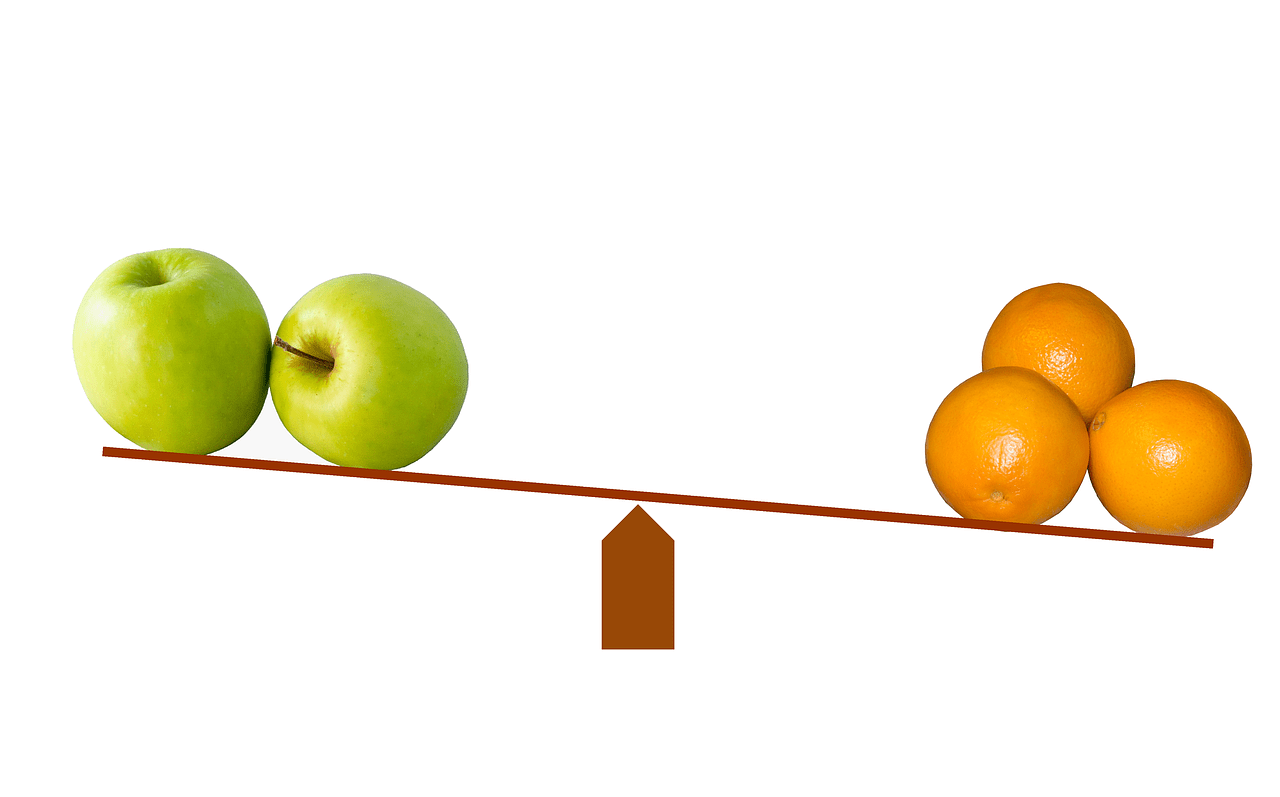
However, comparison can also have negative effects on our mental health. For example, when we compare ourselves with others and find that we are not as good as them, this can lead to feelings of inferiority and low self-esteem.
Why Can Comparisons Make People Feel Bad?

There are a few reasons why comparisons can make people feel bad about themselves.
- Firstly, when we compare ourselves to others, it can be difficult to appreciate our achievements! This is because we are always looking at what someone else has done that we haven’t.
- Secondly, when we compare ourselves to others, it often leads to feelings of envy and resentment. Envy is a negative emotion that often leads to feelings of dissatisfaction and resentment towards the person we are comparing ourselves to.
- Lastly, when we compare ourselves to others, it can lead to feelings of inferiority and low self-esteem. This happens when we find that we are not as good as them in some way, and this can make us feel bad about ourselves.
NOTE: When comparing ourselves with others starts making us feel bad about ourselves, it is important to remember: comparison doesn’t always have negative effects on mental health! When done right, comparison can be a great way to motivate us to do even better and improve our skills!
How Comparing On Social Media Harmful In General?
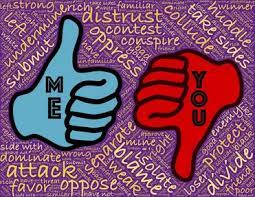
As we have seen, social comparison theory can be a powerful tool that can help us to achieve our goals. However, when it is used in an unhealthy way, it can be harmful to our mental health.
One of how social media can be harmful to self-esteem is in the way that it makes comparisons too easy. As a result, we are constantly surrounded by images of other people’s lives and accomplishments!
This can lead to feelings of inadequacy because when our own life isn’t as glamorous or exciting as someone else’s social media posts might suggest, this can make us feel bad about ourselves.
There is evidence to suggest that social media can be harmful to self-esteem. For example, research has shown that people who spend a lot of time on social media are more likely to have low self-esteem and body image issues.
In addition, it has also been suggested that social media can cause feelings of envy and make people feel bad about themselves.
NOTE: People often compare their own lives with what they see on Facebook or Instagram posts. While this might seem like a harmless thing to do, it is important to remember that not everyone presents an accurate picture of themselves online.
How Can I Stop Comparing Myself To Others?
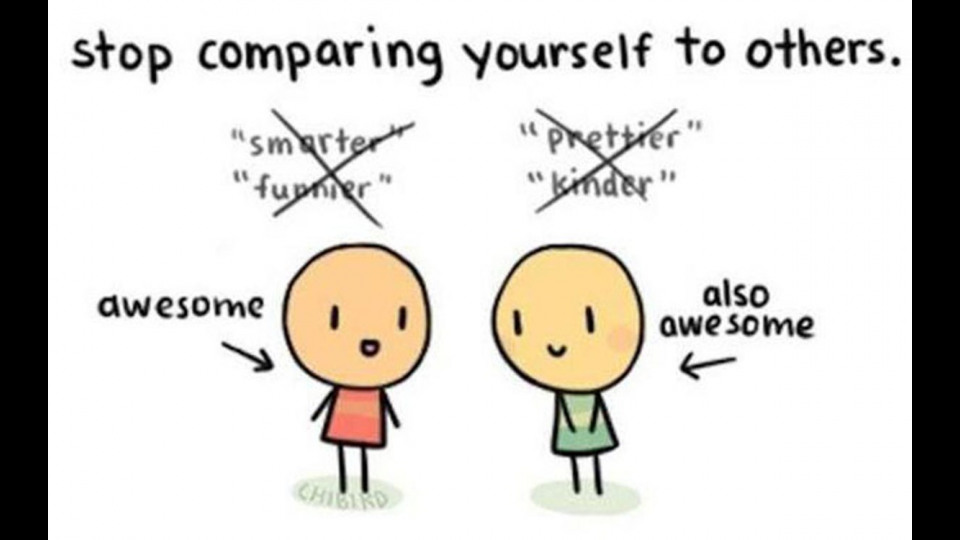
Stopping comparison and social media from hurting your self-esteem is easier than you may think – it just takes some simple changes to the ways that we use these tools!
For example, if you find yourself constantly comparing yourself with friends or other people on social media, try to take a break from using these platforms for a while. This will allow you to focus on your own life and accomplishments without feeling the pressure to compare!
Another way to reduce comparison is to remind yourself that everyone is different. So even if someone seems like they have it all together, this doesn’t mean that their life is perfect!
Practical Tips
If you find that you are constantly comparing yourself to others, then there are a few things you can do to try and stop this.
- Firstly, it is important to be aware of the fact that comparison is often unproductive and doesn’t lead to positive outcomes. For example, research has shown that people who spend a lot of time comparing themselves to others are more likely to have low self-esteem and body image issues!
- Secondly, if you notice that you’re constantly comparing yourself to others online (for example on social media), then it might be worth taking a break from social media for a while. This is because the constant comparisons on sites like Facebook and Instagram can be very harmful to our self-esteem, especially if we find that we aren’t as good as the people in our news feed.
- Lastly, it is important to remember that comparison doesn’t always have negative effects on mental health! When done right, comparison can be a great way to motivate us to do even better and improve our skills!
If you are finding yourself constantly comparing yourself to others, it may be worth taking a step back from social media for a while! This is because the constant comparisons on sites like Facebook and Instagram can be very harmful to our self-esteem, especially if we find that we aren’t as good as the people in our news feed.
Social Comparison Theory In The World Of Competition
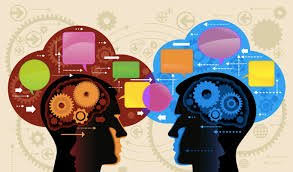
As we have seen, social comparison theory is a complex concept that can have both positive and negative effects on our mental health. This is because when done correctly, comparison can be a great way to motivate us to do better. However, when we compare ourselves with others in an unhealthy way, it can lead to feelings of envy and self-doubt.
In the world of competition, social comparison theory is often used to motivate athletes and competitors. For example, a coach might use comparisons to motivate an athlete to give their best performance. This is because when we are compared with others who are doing better than us, it can push us to work harder and achieve our goals!
Conclusion

At the end of the day, social comparison theory is a complex concept that can have both positive and negative effects on our mental health. When done correctly, comparison can be a great way to motivate us to do better. However, when we compare ourselves with others in an unhealthy way, it can lead to feelings of envy and self-doubt. As a result, it is important to be aware of the dangers of comparison and to use it healthily!
When we compare ourselves to others, it is important to remember that we are not always looking at things objectively. This is because when we compare ourselves with others, we often tend to focus on the person in our comparison who has the most positive qualities (or does best). Remember, comparison can be a great way to motivate us and make sure that we are doing our best.
If you are looking for affordable Online Counseling MantraCare can help: Book a trial therapy session


